
Are Seed Oils Bad for Your Skin? What the Research Really Says
There’s a lot of talk online about whether seed oils are “bad” for your health—and those conversations sometimes spill over into skincare. It’s understandable to wonder whether ingredients like sunflower oil, grapeseed oil, or jojoba oil are helpful or harmful for your skin. The good news: the research on topical seed oils is clear, and it’s very different from discussions about eating them. When applied to the skin, seed oils support the skin barrier, improve moisture retention, and help calm irritation—especially for sensitive or dry skin. If you’re looking for a gentle way to keep skin smooth while supporting the barrier, our Exfoliating Sugar Scrubs use seed oils to soften the skin while providing a light, non-stripping polish.
Exploring the Science Behind Seed Oils: Dietary vs. Topical Applications
What Are Seed Oils?
Seed oils are oils extracted from the seeds of various plants. Common examples include sunflower seed oil, grapeseed oil, and jojoba oil. These oils are rich in essential fatty acids, vitamins, and antioxidants, making them popular in both culinary and skincare applications.
Are Seed Oils Harmful in Our Diet?
At Scrub Me Good, we specialize in skincare—not nutrition or dietary science. Our expertise lies in understanding how ingredients interact with the skin, not necessarily how they function inside the body. However, when it comes to scientific studies of any kind, whether it’s dietary or skincare, we believe it's essential to acknowledge the difference between correlation and causation.
Correlation vs. Causation: Why It Matters
-
Correlation means two things happen at the same time, but one does not necessarily cause the other.
-
Causation means one thing directly causes another.
For example, if more people eat ice cream in the summer and more people get sunburned in the summer, those two things are correlated—but eating ice cream does not cause sunburn.
The conversation around seed oils in the diet often makes the mistake of assuming correlation equals causation. Some studies suggest that diets high in processed seed oils may be associated with inflammation, but that doesn’t automatically mean seed oils cause inflammation. Diet is complex, and many other factors—such as overall nutrient intake, omega-3 to omega-6 balance, and food processing methods—need to be considered.
Additionally, larger demographic factors play a significant role in health outcomes. Socio-economic status, access to healthcare, food availability, education, overall lifestyle choices, and even the quality of the food item itself all contribute to disease risk and inflammation. Blaming a single ingredient, like seed oils, ignores these broader systemic influences that often have a far greater impact on public health. This is why credible research takes a holistic approach, examining multiple variables rather than isolating one food component as the sole cause of health issues.
The Importance of Credible Sources
Because nutrition is such a complex science, we are extremely cautious when evaluating claims about any ingredient, whether for diet or skincare. Scientific research takes years—sometimes decades—to establish strong conclusions. We prioritize well-designed, peer-reviewed studies from credible sources over viral social media trends or anecdotal reports. The latest TikTok influencer might have an opinion, but that doesn’t make it a scientific fact.
The truth is, much more study is needed on the long-term effects of dietary seed oils. However, our focus at Scrub Me Good is how these oils interact with the skin—and that's where the research is much clearer.
How Do Seed Oils Affect the Skin When Applied Topically?
Unlike dietary seed oils, which go through digestion and metabolism, topical seed oils work directly on the skin’s surface. Their benefits include:
-
Barrier Function & Hydration: Seed oils help strengthen the skin’s barrier, locking in moisture and preventing transepidermal water loss.
-
Anti-Inflammatory & Soothing Effects: Many seed oils calm irritation, reduce redness, and support skin healing, making them excellent for sensitive or dry skin.
-
Antioxidant Protection: The vitamins and fatty acids in seed oils help protect the skin from oxidative stress caused by pollution, UV exposure, and other environmental aggressors.
This distinction is crucial—concerns about seed oils in the diet do not apply to seed oils used in skincare.
Which Common Skincare Oils Are Derived from Seeds?
Several oils commonly used in skincare are derived from seeds, including:
-
Jojoba Oil – Extracted from jojoba seeds, this oil closely mimics the skin's natural sebum, making it excellent for hydration without clogging pores.
-
Grapeseed Oil – Pressed from grape seeds, this lightweight oil is rich in antioxidants and linoleic acid, making it great for oily and acne-prone skin.
-
Sunflower Seed Oil – High in linoleic acid and vitamin E, sunflower seed oil helps strengthen the skin barrier and improve moisture retention.
-
Shea Butter – Extracted from the shea nut, this butter is deeply nourishing and helps protect against dryness and irritation.
-
Coconut Oil – Although derived from the coconut fruit, its oil-rich seed is where it’s extracted from. Coconut oil is highly moisturizing and has antimicrobial properties.
-
Almond Oil – Pressed from almonds, this oil is packed with vitamins A and E, making it a soothing option for dry or irritated skin.
-
Avocado Oil – While often thought of as a fruit oil, avocado oil comes from both the seed and the flesh, making it a unique combination of fruit and seed-derived oil.
Which Seed Oils Does Scrub Me Good Use in Our Products and Why?
At Scrub Me Good, we carefully select every ingredient based on its proven benefits for the skin. The seed oils we use in our formulations include:
-
Sunflower Seed Oil – A lightweight, non-comedogenic oil that strengthens the skin barrier, prevents moisture loss, and is rich in vitamin E and linoleic acid.
-
Jojoba Oil – Mimics the skin’s natural sebum, providing deep hydration while balancing oil production. Perfect for all skin types, including sensitive and acne-prone.
-
Grapeseed Oil – A fast-absorbing oil with antioxidant properties that help protect against free radical damage while supporting clear, balanced skin.
-
Coconut Oil – Contains antimicrobial properties and is deeply nourishing, making it a great ingredient for body care products.
-
Almond Oil – A gentle, vitamin-rich oil that soothes irritation and helps restore softness to dry or sensitive skin.
-
Avocado Oil – Packed with essential fatty acids and vitamins, avocado oil helps replenish dry, mature, or damaged skin.
Each of these oils has a unique profile that makes it valuable in skincare, and that’s why we use them in our products. We source our oils only from reputable cosmetic suppliers known for their commitment to quality.
In fact, our Sunflower Oil is locally sourced directly from Smude Farms in Minnesota. Smude’s Cold Pressed Sunflower Oil is made using a gentle, chemical-free extraction process that preserves its natural nutrients, including high levels of vitamin E and linoleic acid. This ensures the oil maintains its skin-loving properties, such as deep hydration, barrier repair, and antioxidant protection. Unlike highly refined oils that may lose beneficial compounds during processing, cold-pressed sunflower oil retains its full spectrum of vitamins and essential fatty acids, making it a superior choice for skincare.
By choosing locally sourced, high-quality, cold-pressed sunflower oil, we not only support sustainable farming but also ensure that our products deliver the best possible benefits for your skin.
Should I Avoid Seed Oils in My Skincare Routine?
The short answer? No.
Despite the debates about dietary seed oils, there is little scientific evidence suggesting that seed oils are harmful when applied to the skin. In fact, research supports their hydrating, soothing, and protective benefits. Unlike dietary seed oils, which are metabolized by the body, topical seed oils remain on the skin, helping to reinforce its natural barrier, calm irritation, and deliver essential nutrients.
If you have specific skincare concerns, choosing high-quality, cold-pressed, and properly stored oils is key. Many of the negative claims about seed oils stem from misinformation or concerns about poorly processed oils. That’s why at Scrub Me Good, we focus on pure, effective, and science-backed ingredients that deliver results.
So, rather than fearing seed oils, embrace them for what they are: a powerful, natural tool for healthy, glowing skin.
When used topically, seed oils are some of the most supportive and skin-barrier-friendly ingredients available. They’re gentle, nourishing, and well-studied—which is exactly why we use them thoughtfully and intentionally in our formulations.
Want to see how this works in practice? Explore the oils we use in our Bikini Care Oil, Exfoliating Sugar Scrubs, Body Oil and Whipped Body Butter
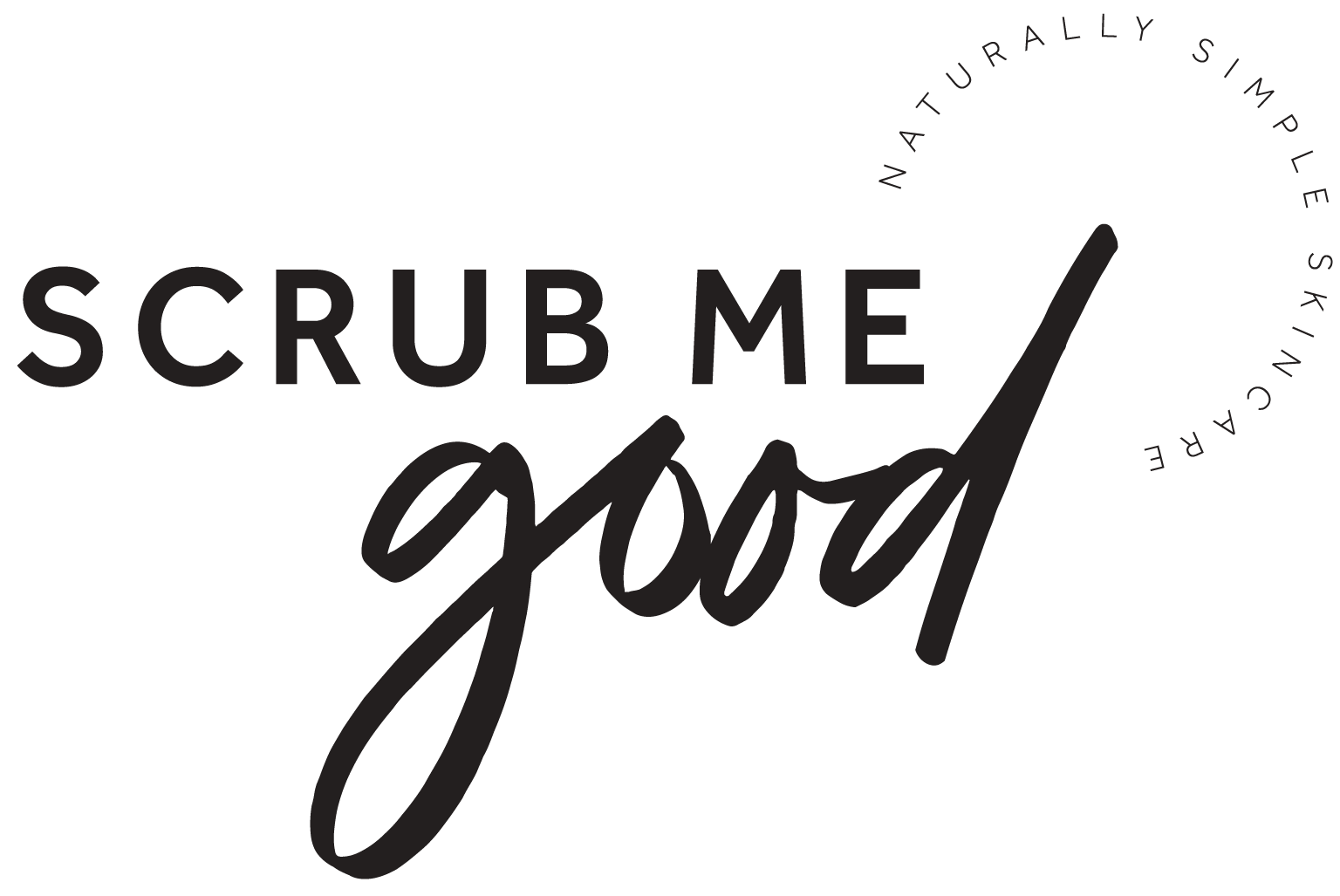
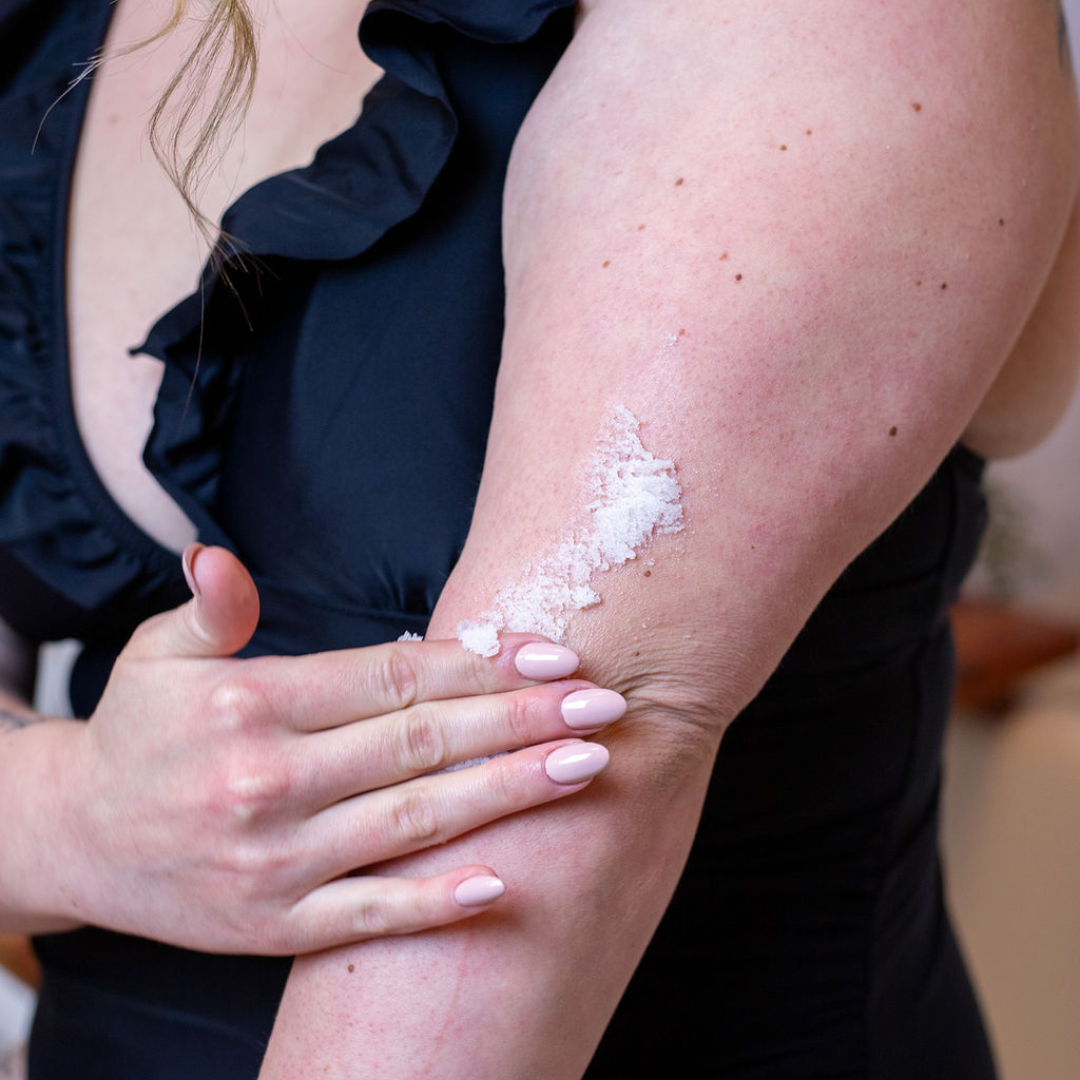
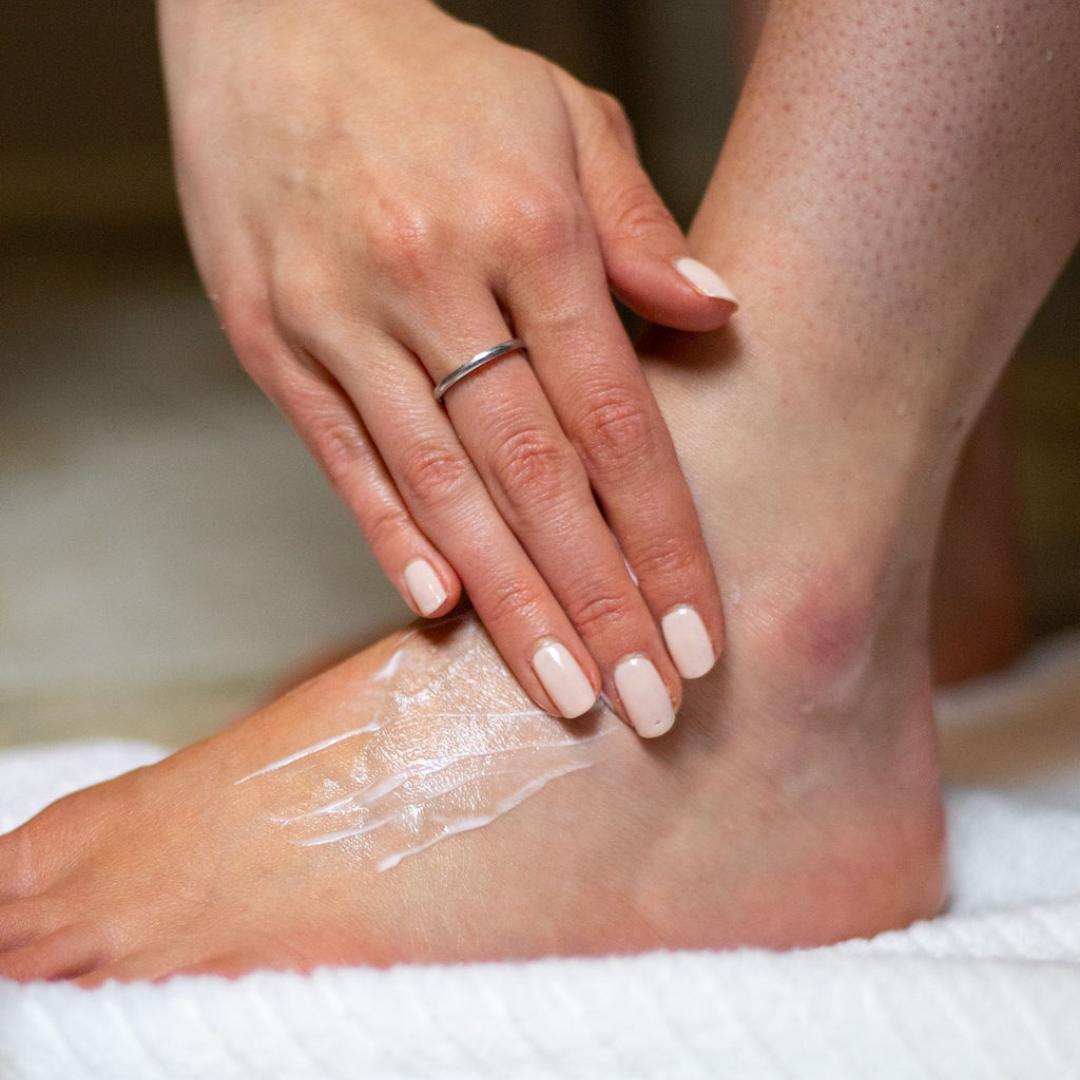
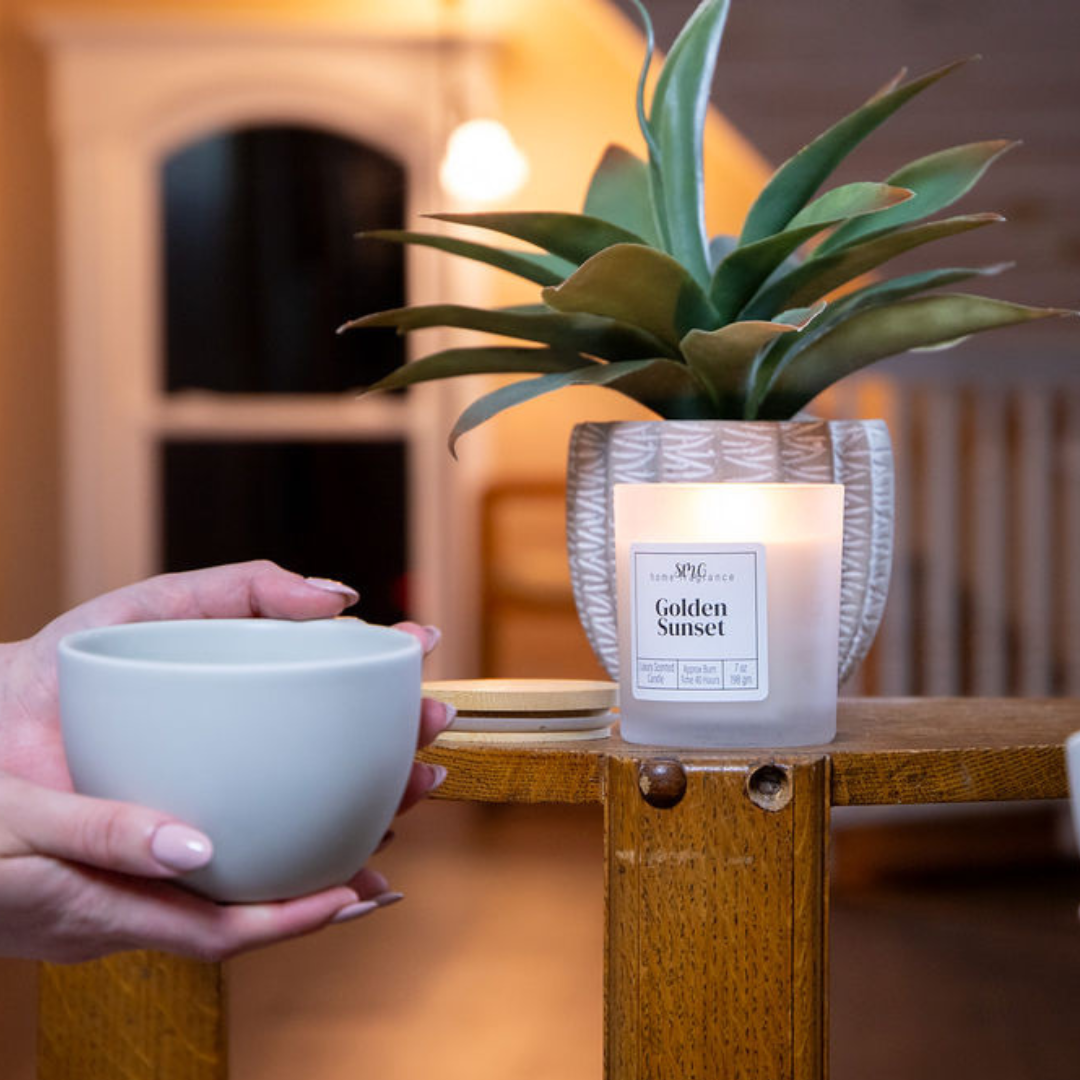
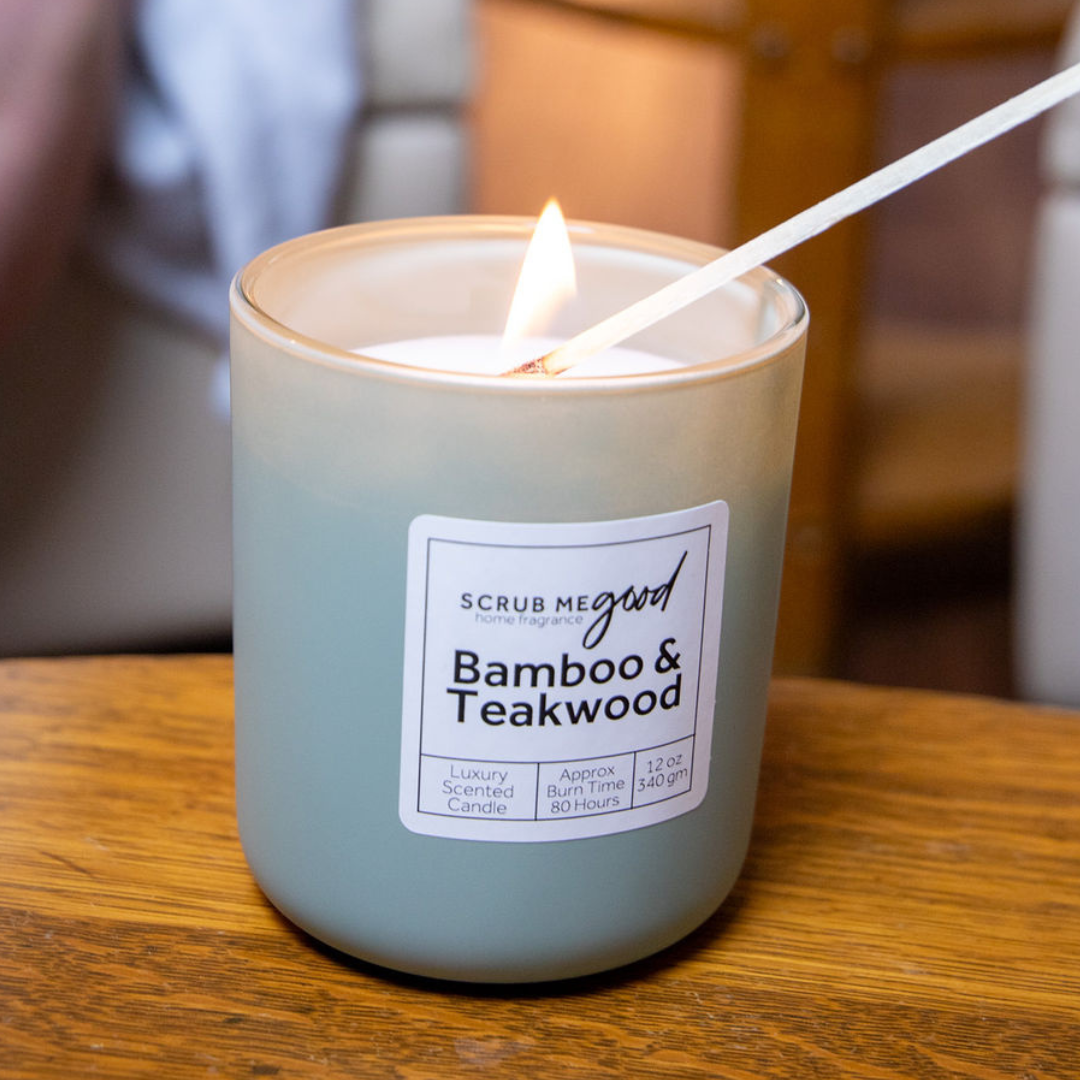
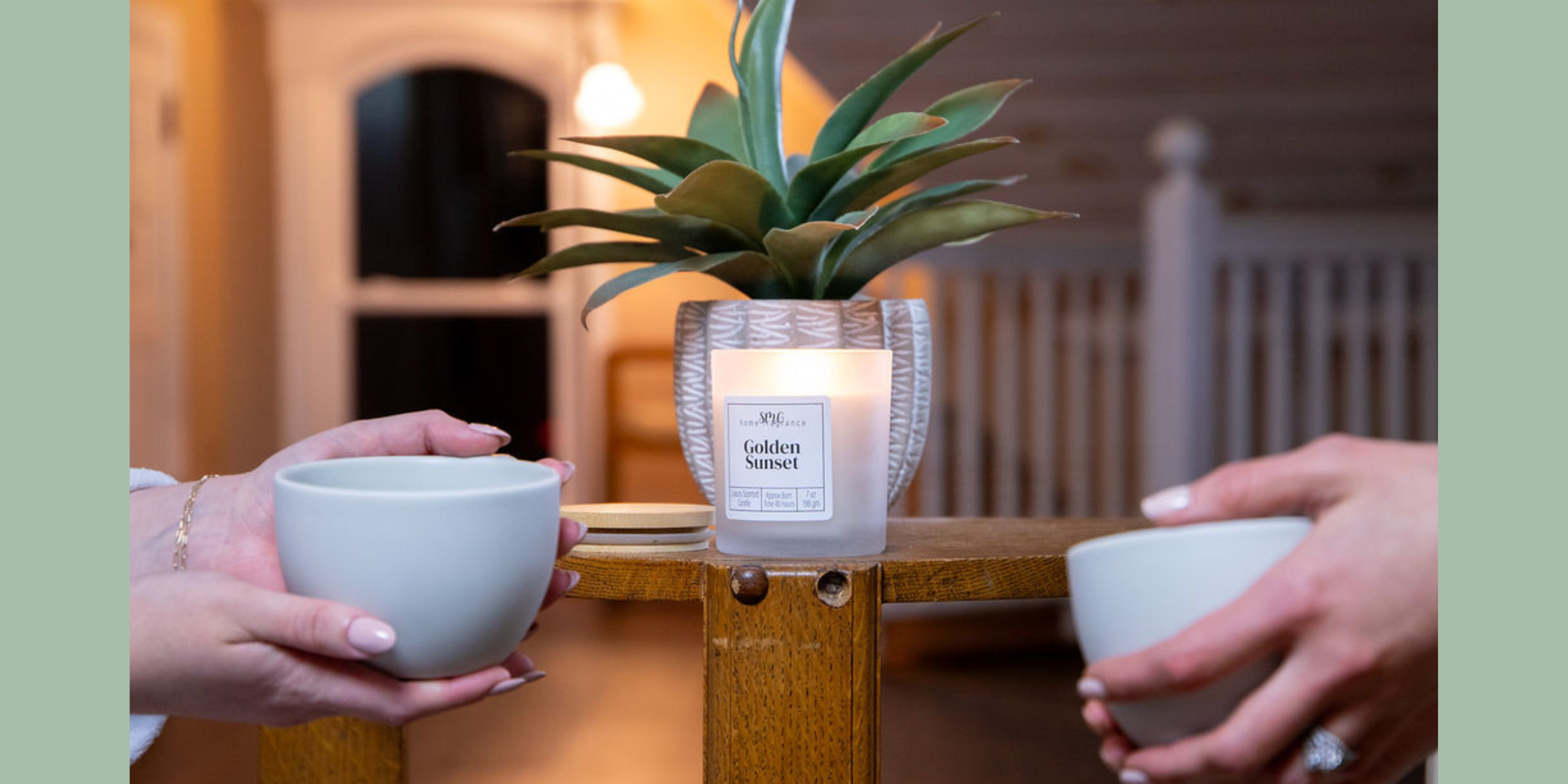
Leave a comment
This site is protected by hCaptcha and the hCaptcha Privacy Policy and Terms of Service apply.